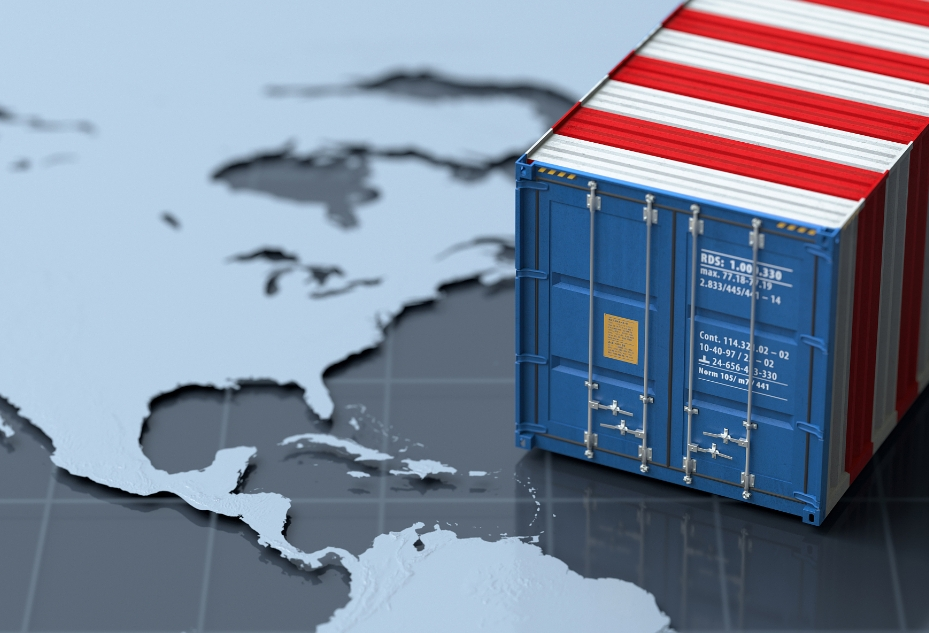
The United States is about to repeal its "de minimis exemption" policy. Starting August 29, 2025, all imported goods, regardless of value, will be subject to duties and taxes. Previously, goods valued at up to $800 enjoyed duty-free status, but this policy will no longer apply. The implementation of the new policy is expected to significantly increase logistics costs for individual packages and e-commerce orders, particularly impacting cross-border e-commerce platforms and small and medium-sized businesses.The "de minimis exemption" policy exempts imported goods valued at up to $800 from duties and taxes. It was designed to simplify customs procedures and reduce administrative costs. Since its inception in 1938, the exemption threshold was raised to $800 in 2016, significantly boosting the development of cross-border e-commerce. However, on July 30, 2025, US President Trump signed an executive order completely repealing this policy, effective August 29. This means that all goods, regardless of their value, will be subject to the country of origin's tariff rate. Goods for which a specific rate is unavailable will be subject to a flat fee of $80.After the policy is implemented, cross-border e-commerce platforms such as Temu and Shein, which rely primarily on low-priced goods to attract consumers, will see their product costs rise significantly, potentially leading to price increases or squeezed profits. Many small and medium-sized businesses, which rely on low-value goods for cross-border sales, will also face increased operating costs, impacting profitability. Consumers will have to pay additional tariffs and taxes when purchasing overseas goods, increasing their actual expenses and potentially reducing their willingness to spend. For example, tariff rates for Chinese exports range from 15% to 54%, while those for Europe are 15%, Brazil is 50%, and Canada and Mexico range from 15% to 25%, depending on the product category.Companies should plan their inventory and optimize their supply chains in advance, for example by considering relocating some production to countries or regions with lower tariffs to reduce overall costs. They should also strengthen compliance management to ensure that products comply with US customs requirements and avoid additional fees or penalties.
Hanyue International will continue to monitor US trade policy developments and tariff adjustment paths for various countries. In light of changes in global trade rules, product classification, and supply chain structures, we will provide foreign trade companies with support in anticipating tariff clearance risks, implementing compliance strategies, and optimizing their cross-border operations. If you need to obtain a specific list of tax-related products or develop a personalized response plan for your company, please contact our customer service for exclusive support.






